On the afternoon of May 23, the 9th Session of the 15th National Assembly continued its program with a focused discussion session in the hall on 7 important draft laws: Law on amending and supplementing a number of articles of the Law on Bidding; Law on Investment under the public-private partnership model; Customs Law; Law on Export Tax and Import Tax; Investment Law; Law on Public Investment; Law on Management and Use of Public Assets.
Delegate Duong Khac Mai, Deputy Head of the Specialized Delegation, Dak Nong National Assembly Delegation, participated in in-depth discussions on draft laws, including the Law on Investment under the Public-Private Partnership (PPP) method.
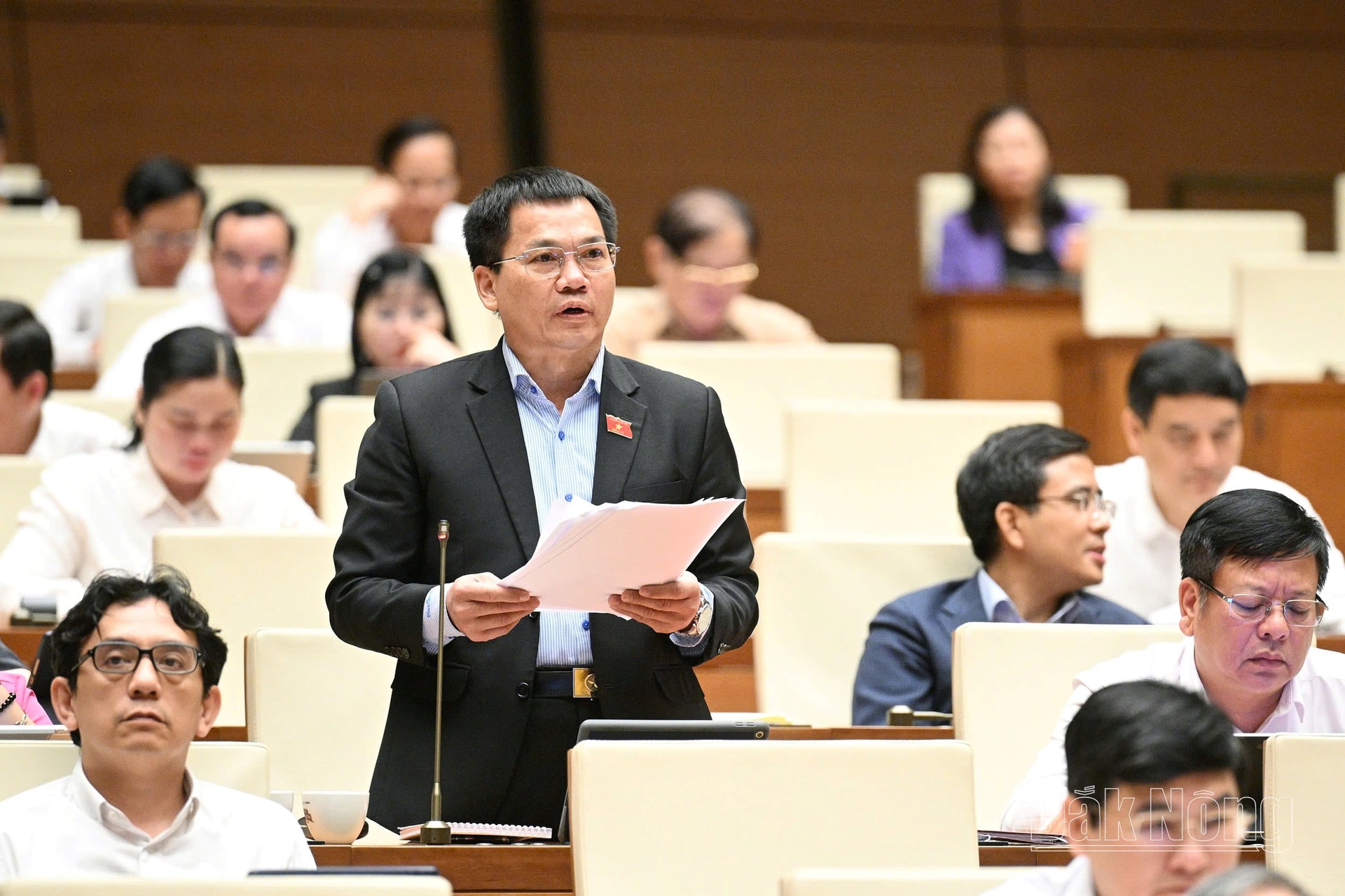
Specifically, regarding the PPP project process (Article 11 of the Law on Investment under the public-private partnership method), Clause 3, Article 2 of the draft Law amends and supplements Clause 2, Article 11 of the Law on Investment under the public-private partnership method, which stipulates that PPP projects with a total investment equivalent to group B and group C projects according to the provisions of the law on public investment are under the authority to decide on investment policies of the Minister, head of a central agency, other agency, and provincial People's Committee.
In the PPP project process, point a stipulates: "Projects not using State capital as prescribed in Articles 70, 71 and 72 of this Law do not have to carry out investment policy approval procedures".
According to the explanation of the drafting agency, the amendment and supplementation of this article aims to simplify the implementation process for some group B and group C projects that do not use state capital, O&M projects, etc., and decentralize appraisal authority to facilitate the implementation process.
Delegate Duong Khac Mai basically agreed with the need to reform and simplify procedures to speed up the preparation of PPP projects. However, PPP investment is a form of cooperation between the State and the private sector to jointly implement projects. The State can participate in PPP projects with state capital or other types of assets such as land, works, and existing infrastructure. Regardless of the assets, they are all State resources and need to be strictly managed to ensure efficiency. Therefore, Delegate Duong Khac Mai suggested that the criteria of using state capital or not using state capital should not be used to distinguish the implementation process of PPP projects.
Regarding the basic content of the PPP project contract (Clause 1, Article 47 of the Law on Investment under the public-private partnership model). Regarding the responsibilities of the parties in researching and developing technology; commercializing products created from technology; copyright, technology ownership; responsibility for training digital human resources, transferring technology to public scientific and technological research institutions", delegate Duong Khac Mai proposed to consider adding this provision. Because the PPP contract is essentially a civil contract in which one party is a State agency.
The basic principle of a civil contract is the agreement of the parties. However, because this is a special type of civil contract, the law stipulates the basic contents of the contract.
Besides, the purpose of PPP investment is to attract resources from the private sector, especially financial resources, so adding the above content will further bind the investor's responsibilities, possibly reducing the attractiveness of PPP investment.
On the other hand, not all PPP projects require research, technology development, and digital human resource training. There are many other mechanisms for implementing science and technology development; in fact, there are currently many laws and resolutions on science, technology, and innovation development that have been passed by the National Assembly or are about to be submitted to the National Assembly for approval, including many priorities and incentives in this field.
Regarding the order and procedures for approving investment policies of the National Assembly, Clause 4, Article 34 of the current Investment Law stipulates: “No later than 60 days before the opening date of the National Assembly session, the Government shall prepare and submit a dossier requesting approval of investment policies to the agency in charge of the National Assembly’s appraisal”. However, Clause 9, Article 5 of the draft law amending this content removes the provision on the time limit for the Government to prepare and submit the dossier for appraisal.
The regulation of time limits is necessary, especially in the current context where many draft laws and resolutions are sent late and do not ensure progress. Therefore, delegate Duong Khac Mai proposed to maintain the time limits as prescribed by current laws or study and supplement specific time limits so that the National Assembly agencies have time to study and ensure the quality of the review work.
Regarding the draft Law on Bidding, regarding the method of evaluating bidding documents (Article 62 of the Law on Bidding, delegate Duong Khac Mai said: Point a, Clause 25, Article 1 of the draft Law amends and supplements Point a, Clause 2, Article 62, which stipulates: “For investors who are science and technology enterprises, innovation, organizations, and enterprises that have been granted certificates: high-tech incubators, high-tech enterprise incubators; high-tech enterprises; newly established enterprises from high-tech product manufacturing investment projects: investors do not need to demonstrate the ability to arrange equity capital and are allowed to use projects and works that they directly implement, where the technology has been successfully put into trial operation, to demonstrate experience in implementing similar business investment projects when participating in bidding”.
The drafting unit needs to study and reconsider this regulation because capital is required to implement the project; otherwise, the regulation will be difficult to implement, possibly leading to the situation of "virtual investors". In case the above regulation is kept, it is necessary to supplement the regulation to have a mechanism to support capital for project implementation after the investor is selected, such as arranging from state capital or capital from credit institutions through credit commitments.
Source: https://baodaknong.vn/dbqh-dak-nong-duong-khac-mai-khong-nen-lay-tieu-chi-von-nha-nuoc-de-phan-biet-quy-trinh-thuc-hien-du-an-ppp-253449.html



![[Photo] Anh Hoang - Dinh Duc successfully defended the men's doubles championship of the National Table Tennis Championship of Nhan Dan Newspaper](https://vphoto.vietnam.vn/thumb/1200x675/vietnam/resource/IMAGE/2025/5/23/d6ab3bcac02c49928b38c729d795cac6)


![[Photo] Top players gather at the 2025 Nhan Dan Newspaper National Table Tennis Championship](https://vphoto.vietnam.vn/thumb/1200x675/vietnam/resource/IMAGE/2025/5/23/9ad5f6f4faf146b08335e5c446edb107)


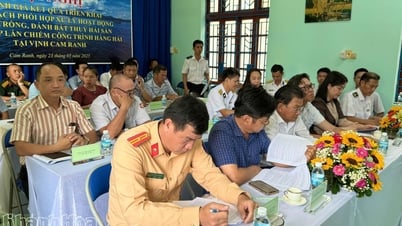

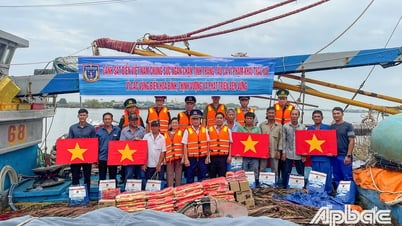









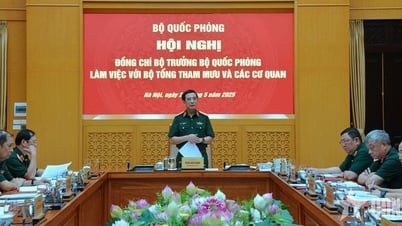
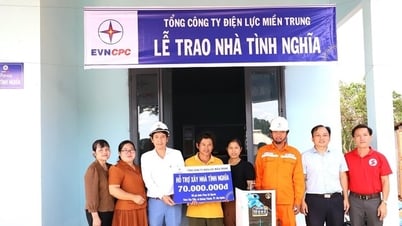
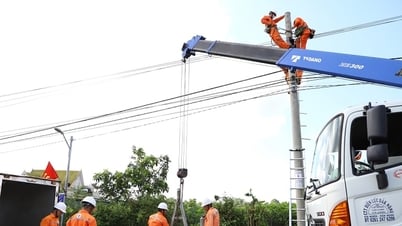
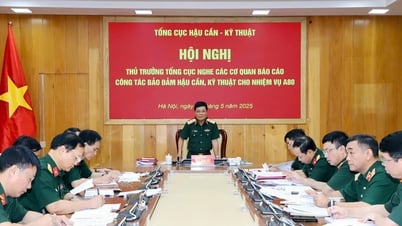

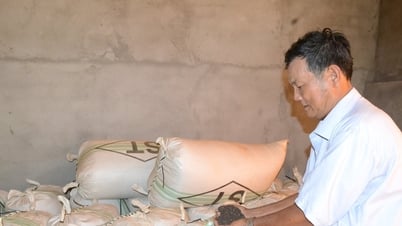






























































Comment (0)